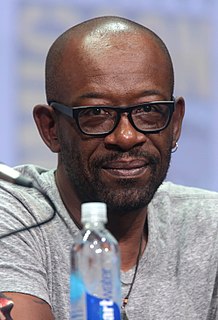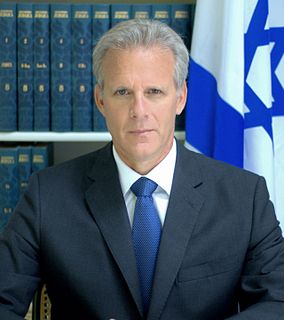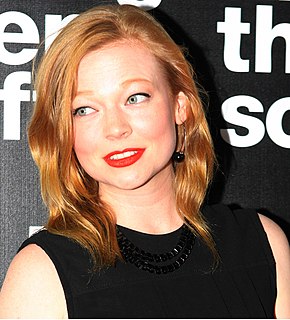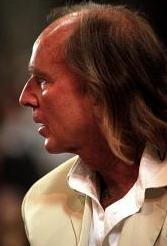A Quote by Chitra Banerjee Divakaruni
As I've written more, and as other Indian American voices have grown around me, I strive harder to find experiences that are unique yet a meaningful and resonant part of the American story.
Related Quotes
To hear two American men congratulating each other on being heterosexual is one of the most chilling experiences - and unique to the United States. You don't hear two Italians sitting around complimenting each other because they actually like to go to bed with women. The American is hysterical about his manhood.
You see the one thing I've always maintained is that I'm an American Indian. I'm not a Native American. I'm not politically correct. Everyone who's born in the Western Hemisphere is a Native American. We are all Native Americans. And if you notice, I put American before my ethnicity. I'm not a hyphenated African-American or Irish-American or Jewish-American or Mexican-American.
American liberals are an external part of Israel's conscience, and when it disdains them, it becomes a harder and more isolated place. The support that Israel has gained from millenarian American conservatives is no substitute, in part because such allies aren't persuasive global advocates for Israel.
... the connection between imperial politics and culture is astonishingly direct. American attitudes to American "greatness", to hierarchies of race, to the perils of "other" revolutions (the American revolution being considered unique and somehow unrepeatable anywhere else in the world) have remained constant, have dictated, have obscured, the realities of empire, while apologists for overseas American interests have insisted on American innocence, doing good, fighting for freedom.
When I was a kid, I'd go to the African-American section in the bookstore, and I'd try and find African-American people I hadn't read before. So in that sense the category was useful to me. But it's not useful to me as I write. I don't sit down to write an African-American zombie story or an African-American story about elevators. I'm writing a story about elevators which happens to talk about race in different ways. Or I'm writing a zombie novel which doesn't have that much to do with being black in America. That novel is really about survival.
There is a problem in America. An Irish or Polish American can write a story and it's an American story. When a Black American writes a story, it's called a Black story. I take exception to that. Every artist has articulated to his own experience. The problem is that some people do not see Blacks as Americans.
It's very difficult to be asking other people for opportunities. It is much more empowering to be creating opportunities, to be the one who is saying, 'Look, I'm going to take this from the ground up and create a story that is meaningful to me as an Asian American and cast it with Asian Americans and have Asian Americans writing it.'
When I talk of primordial innocence, I hear it in Sufi music with the nay flute. I see it in Coptic icons, in most traditional art, particularly art of the American Indian. I find the texts extraordinarily beautiful and very childlike and very simple. I've been particularly interested in American Indian texts.
The United States is an illegitimate country, just like Israel. It has no right to exist. That country belongs to the Red man, the American Indian... It's actually a shame to be a so-called American, because everybody living there is a usurper, an invader taking part in this crime, which is to rob the land, rob the country and kill all the American Indians.
I was born in the United States, I'm proud to be an American, I'm an American first. But obviously, I'm a Chinese-American. And growing up, my family, my parents, and I think rightly so didn't put us in Chinatown, didn't put us with our other ethnic group, but put us in mainstream America. They're thinking was that will help us assimilate into the mainstream and be a part of it. And it did. It certainly gave me tolerance of other people, of other races, of other ethnicities and I think that's helped make me a better person.



































